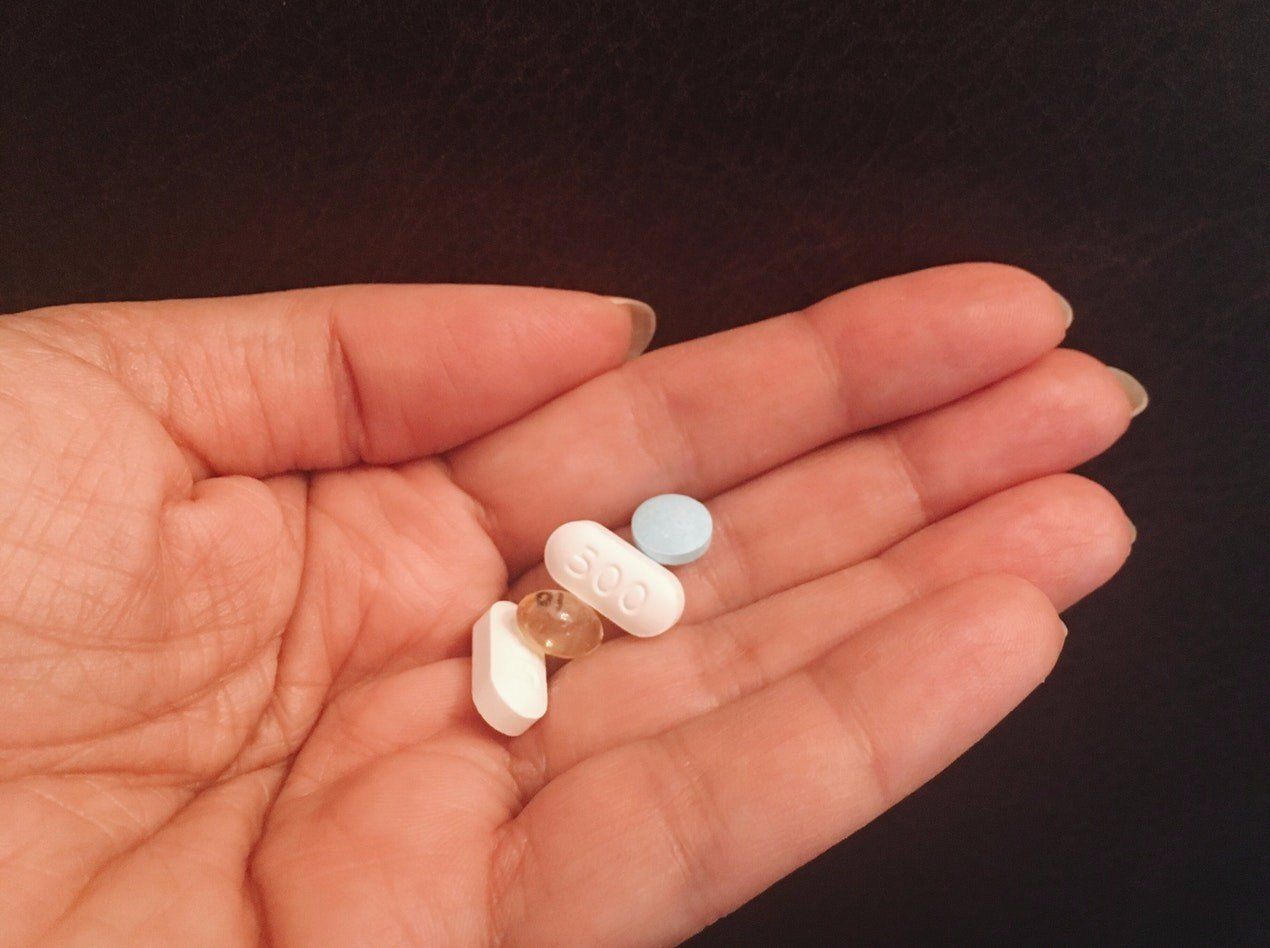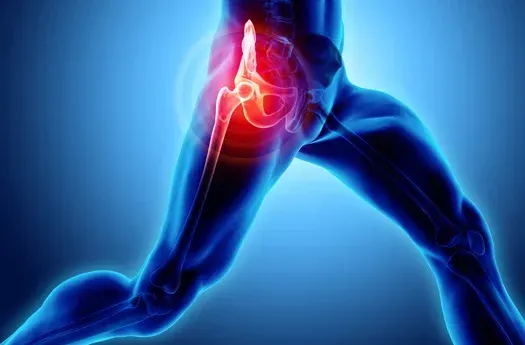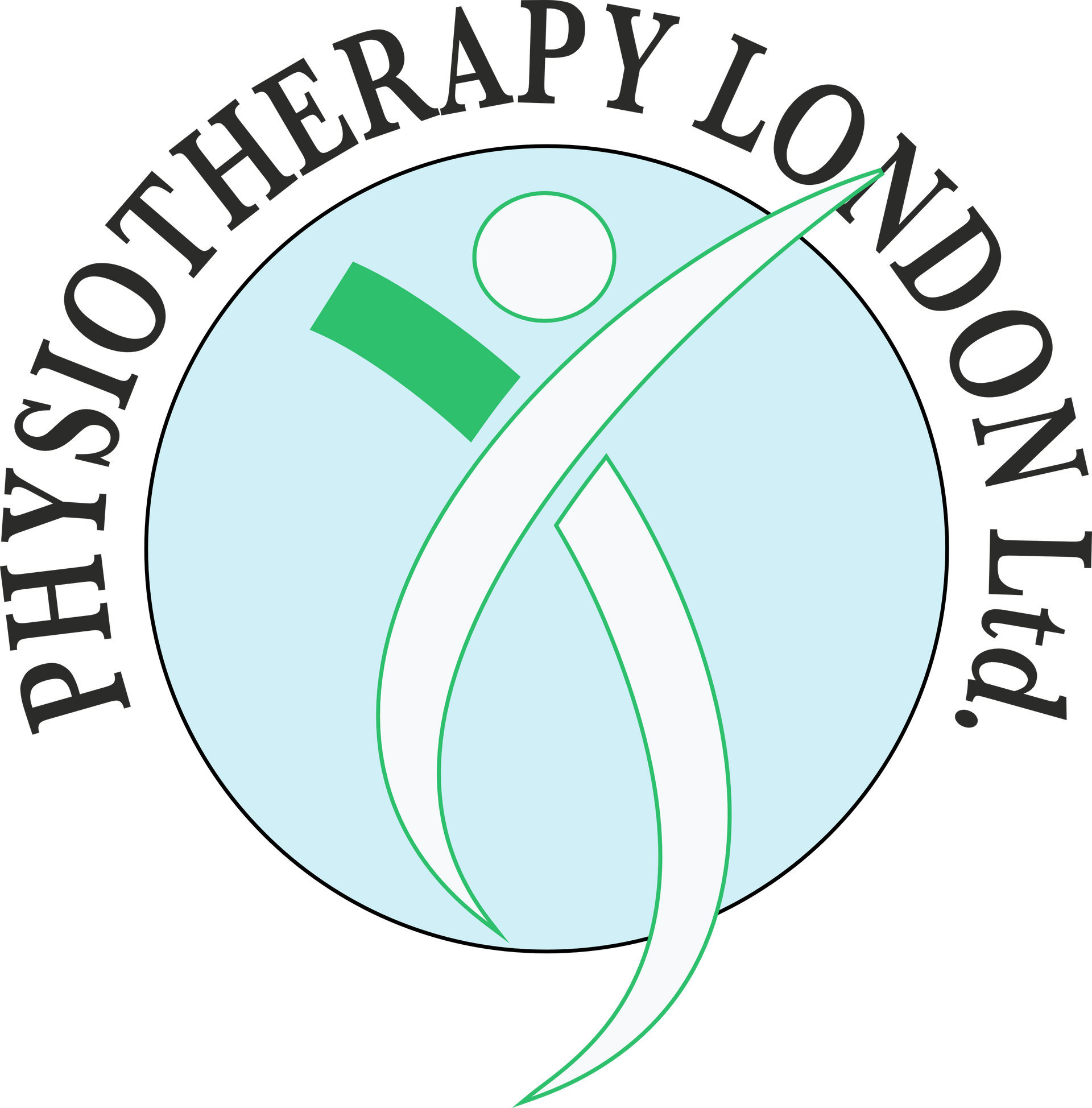Short‑term use of opioids implicated in protracted pain, new study finds
- By Roza Ferenczi
- •
- 07 Feb, 2018
- •

searching for information about how they can help you relieve pain or reading the latest tabloid story about a
celebrity addict, separating fact from fiction can be tough. A recent study (https://www.drugabuse.gov/aboutnida/
legislative-activities/testimony-to-congress/2016/americas-addiction-to-opioids-heroin-prescription-drugabuse)
revealed that prescription painkillers often make chronic pain worse.
Physical impact of painkillers
Norco, Hydrocodone) – commonly prescribed by physicians to treat pain – cause a change in your brain
chemistry that is not under your control.
Most people who take opioids for more than 2-4 weeks will develop a tolerance to the medication. It is because
the brain responds to the pain medicine by increasing the number of receptors for the drug, and the nerve cells in
the brain stop functioning. Then the body stops producing endorphins – these are the body’s natural painkillers –
because it is receiving opiates instead. The degeneration of the nerve cells in the brain causes a physical
dependency on an external supply of opiates, and reducing or not taking the pain killers causes a painful series
of physical changes, known as withdrawal.
Tolerance means patients may need to increase dosage to feel the same effect, and they may go through
withdrawal if they stop taking the medication. This is a natural process, and it is not to be confused with
addiction.
The chance of becoming addicted to pain medications is very low if the patient follows the physician’s guidelines.
People with a personal or family history of addiction have a greater risk of becoming addicted.
Pain killers may actually increase pain
sensitivity to pain. This happens because long term use of opiate painkillers causes a decrease in your ability to
tolerate pain, and an increased sensitivity to pain. When the pain increases, people are often led to believe they
need to take higher doses of pain medication than they were on initially.
During the study, the researchers discovered that rats who were subjected to morphine treatment experienced a
paradox and a peculiar effect – they experienced more pain. According to the team, a few days of morphine
treatment resulted in chronic pain in mice that continued for months, even after when the treatment was stopped.
The researchers believe that the implications of the study in humans taking oxycodone, morphine and methadone
are huge. A short-term decision to take these drugs can actually produce long-term effects that can make the
pain worse.
For those who are addicted to narcotic pain medications, a detoxification program is often needed. Pain killer
addiction is a chemical, physical disease, one that requires expert medical treatment in a safe, humane
environment.
Long-term consequences
periods of time, they also can harm your body’s endocrine system and throw your hormones out of whack,
affecting everything from your libido to your risk of osteoporosis.
Pain medications will not fix you pain, they simply mask your symptoms; they do not treat the root cause of your
pain. That is why physicians need to focus on making a diagnosis and addressing the cause of the pain whenever
possible to help improve your function rather than just how you feel.
Breaking the cycle of pain
the question of whether you have been making efforts to get better. For example, have you been following your
physician’s orders and doing physical therapy to recover from an injury (news/sports-injuries-and-rehab.html)?
Have you been losing weight if you are suffering from weight-related joint pain (news/ways-to-curb-jointpain.
html) or back pain (news/causes-of-back-pain.html)?
You need to start working on improving your condition, because prescription pain medications on their own, are
not therapeutic. If you have any question, do not hesitate to contact us (book-appointment.html) for an
evaluation, and see what our physiotherapists can do for you!










